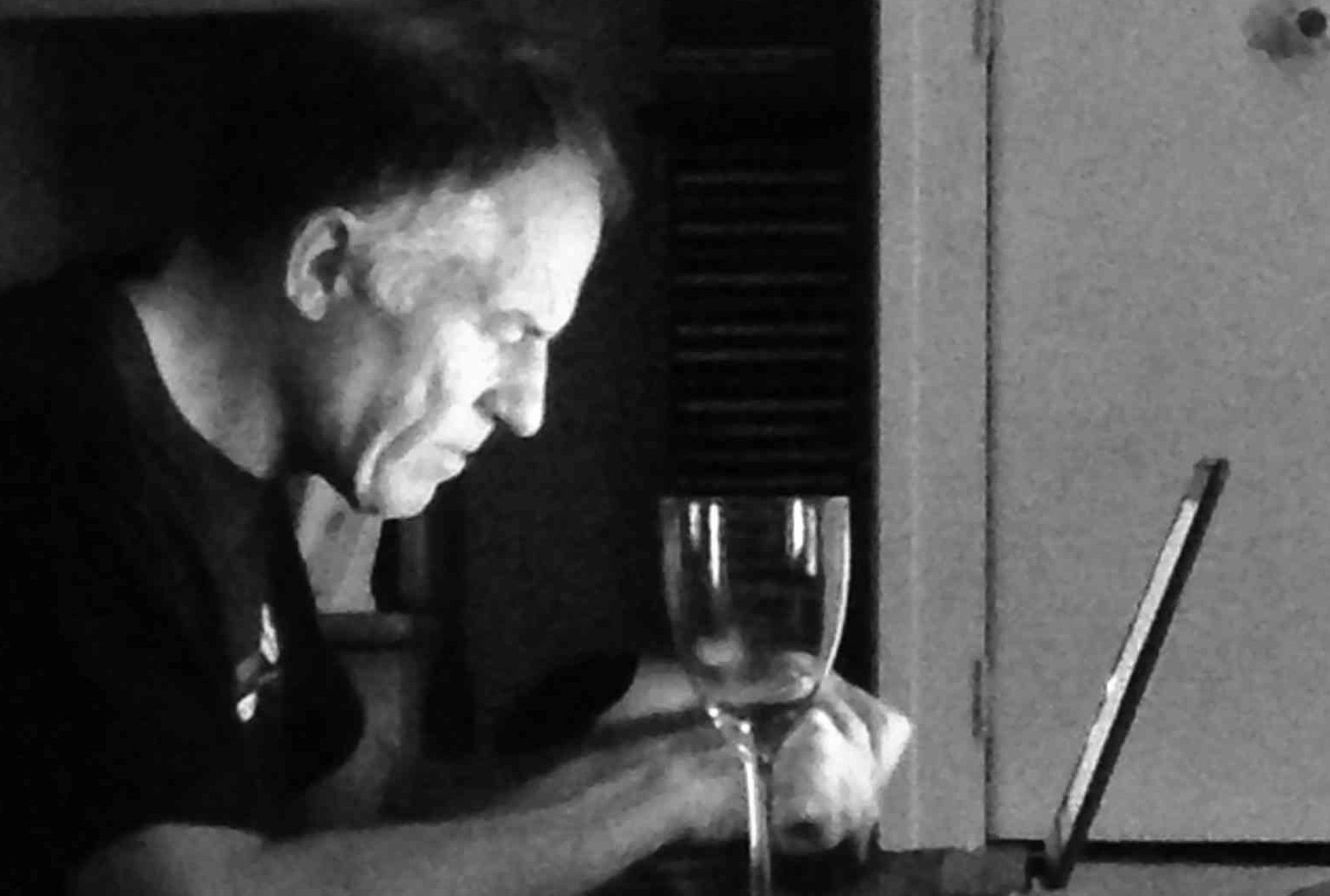
Debate is good. More so when it’s based on facts rather than narrative. In this excellent blog, advocate and labour lawyer Frans Rautenbach relies heavily on facts, providing plenty of links to his highly credible sources. The only people who still believe Nationalisation can work are those who have never bothered to check its record. Ditto minimum wages, as Rautenbach argues here in this taster for the more comprehensive piece on his website. Counter-intuitive perhaps. But life is full of paradoxes. As, to our surprise, we always discover when replacing testing against reality. – AH
By Frans Rautenbach*
The ANC has pledged to investigate the introduction of a national minimum wage “as one of the key mechanisms to reduce income inequality”.
Will it work?
Believe it or not, there are a few countries that have no type of minimum wage.
Their data is summarised here:
| Country | Economic Freedom |
Per capita GDP |
Unemployment^ |
Gini coefficient |
Income poorest decile (p/a) |
| Brunei | 7.05 | $54144 | 2.6% | n/a | n/a |
| Qatar | 7.62 | $100889 | 0.5% | 41.1 | n/a |
| Singapore | 8.60 | $60799 | 1.9% | 48.1 | $9379.4 |
| Hong Kong | 8.87 | $50936 | 3.3% | 53.3 | $7693.7 |
| UAE | 7.85 | $29176 | 4.3% | 31 | $26372.8 |
| Average | 7.998 | $59189 | 2.52% | 43.4 | $14482 |
| World average | 6.87 | $11964^ |
9% | 52 |
$8410.61 |
| Peer average+ |
7.75 | $47765 | 6.42% | 31.46 | $19524 |
What appears is that these countries are all rich and beat everyone hands-down in the unemployment stakes, but have more unequal societies.
So how should we handle this apparent trade-off in South Africa? Would we rather be a Hong Kong or a Singapore in Africa, or do we prefer to pursue the elusive ideal of equality through minimum wages?

Inequality Watch in 2012 divided OECD countries into three groups in terms of changes in inequality that they underwent from 1985 to 2008:
- Two countries managed to decrease inequality over that period, namely Turkey and Greece. Their average unemployment is 18.65%
- France, Hungary, and Belgium maintained the same level of inequality. Their unemployment is 9.3%; and
- The USA, the UK, Australia, Canada, Finland, Sweden, Denmark, Norway, Portugal, Italy, Germany, Italy, Germany, the Netherlands and Austria saw income inequality increase: They have average unemployment of 7.6%.
Clearly countries that succeed in maintaining or reducing inequality, tend to suffer higher unemployment.
It will be remembered that the average unemployment rate of countries that have no minimum wages is 2.52%.
^ Wikipedia based on various official sources
+ Average of peer states selected on basis of average per capita income: Australia, Austria, Canada, Ireland, Luxembourg, Netherlands, Norway, Sweden, Switzerland, USA.


